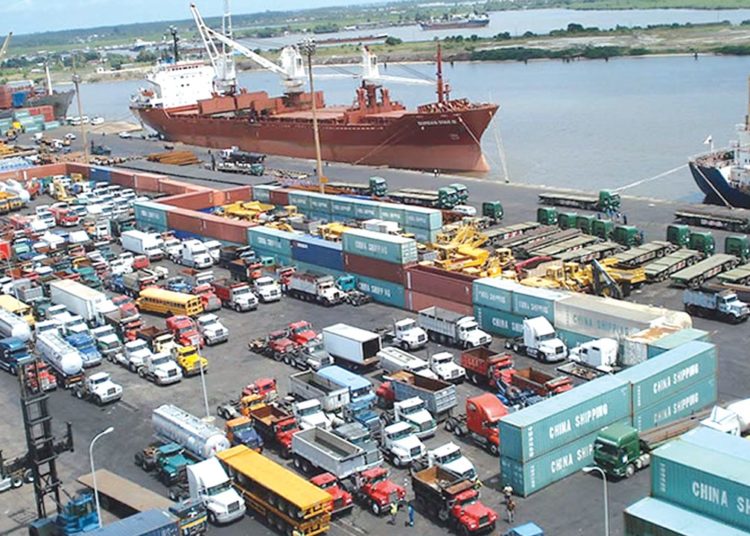Manufacturers Association of Nigeria (MAN) has decried the proposed 15 per cent increase in port-related charges by the Nigerian Ports Authority (NPA) as this is counterproductive in the long run.
The director-general of MAN, Segun Ajayi-Kadir stated this while presenting the Association position on the proposed 15 per cent increase in port charges.
Ajayi-Kadir said that “at a time when businesses are struggling with the rising cost of operations, high rate of foreign exchange, astronomical energy costs, and general economic uncertainties, imposing additional financial burdens on manufacturers through increased port tariffs will exacerbate the challenges faced by the real sector.”
He noted that “for manufacturers, port-related charges constitute significant indirect costs, as most raw materials and industrial machinery are imported through these ports. Any increase in charges will have a ripple effect, leading to higher production costs, increased inflationary pressures, and reduced competitiveness of locally manufactured goods.
“Many manufacturers who operate as tenants in NPA facilities will also face escalated costs, which could significantly disrupt the slight moderation in the mounting challenges that has bedeviled the manufacturing sector in recent times.”
MAN DG said that increasing port tariffs is ill-timed and could signal a departure from government’s avowed efforts and commitment to the ease of doing business, saying that it is inevitable that this additional strain on industrial activities will ultimately lead to reduced capacity utilisation and possibly job losses.
He pointed out that Nigeria must remain competitive in regional trade, explaining that “neighboring countries with more efficient and cost-effective ports will become far more attractive alternatives, leading to increased cargo diversion. This will not only reduce revenue for the Nigerian government but will encourage smuggling and other untoward trade practices that weaken our economy.”
He emphasised that “rather than imposing additional financial burdens on businesses, we propose a stakeholder dialogue to explore strategies for enhancing port efficiency, reducing operational bottlenecks, and creating a more business-friendly environment that will ultimately lead to increased revenue without undermining industrial growth and competitiveness.”
MAN proposed that “reducing turnaround time for vessels and improving cargo clearing processes can significantly boost revenue; addressing bureaucratic bottlenecks that delay cargo clearance will ensure faster throughput and more efficient revenue collection; improving port infrastructure will enhance operational efficiency and attract more business, leading to natural revenue growth; and instead of raising tariffs, aligning Nigerian port charges with global best practices will encourage more trade volume and increase overall earnings.”
We’ve got the edge. Get real-time reports, breaking scoops, and exclusive angles delivered straight to your phone. Don’t settle for stale news. Join LEADERSHIP NEWS on WhatsApp for 24/7 updates →
Join Our WhatsApp Channel










